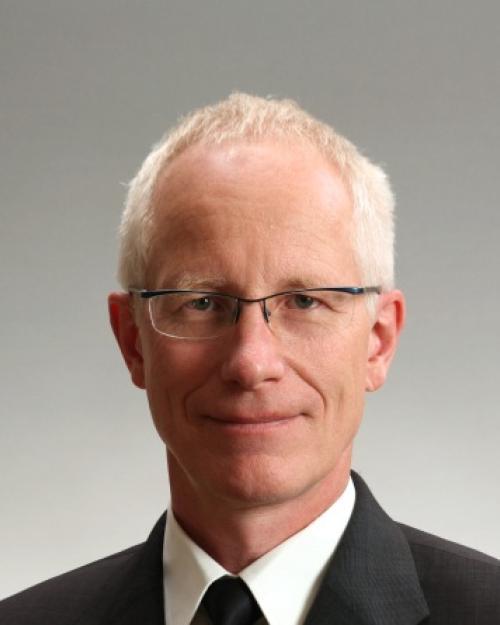
Spin Caloritronics
Presentation Menu
The spin degree of freedom of the electron affects not only charge, but also heat and thermoelectric transport, leading to new effects in small structures that are studied in the field of spin caloritronics (from calor, the Latin word for heat).
This lecture addresses the basic physics of spin caloritronics. Starting with an introduction into thermoelectrics and Onsager’s reciprocity relations, the generalization to include the spin dependence in the presence of metallic ferromagnets will be addressed. Using this foundation I will describe several recently discovered spin-dependent effects in metallic nanostructures and tunneling junctions as well as a zoo of spin-related thermal Hall effects in terms of a two spin-current model of non-interacting electrons (an overview of the recent literature is given in Ref. 1).
Next, I will argue that different classes of spin caloritronic effects exists that can be explained only by the collective spin dynamics in ferromagnets. The thermal spin transfer torque that allows excitation and switching of the magnetization in spin valves as well as the operation of nanoscale heat engines is complemented by thermal spin pumping. The latter generates the so-called spin Seebeck effect, which is generated by a heat current-induced non-equilibrium of magnons at a contact between an insulating or conducting ferromagnet and a normal metal. Under these conditions a net spin current is injected or extracted from the normal metal that can be detected by the inverse spin Hall effect.
Both classes can be formulated by scattering theory of transport in the adiabatic approximation for the magnetization dynamics and computed in terms of material-dependent electronic structures. Further issues to be addressed are the relation between electric, thermal and acoustic actuation, as well as the application potential of spin caloritronics.
[1] G.E.W. Bauer, in Spin Currents, edited by S. Maekawa, E. Saitoh, S. Valenzuela and Y. Kimura (Oxford University Press, in press), arXiv:1107.4395.
